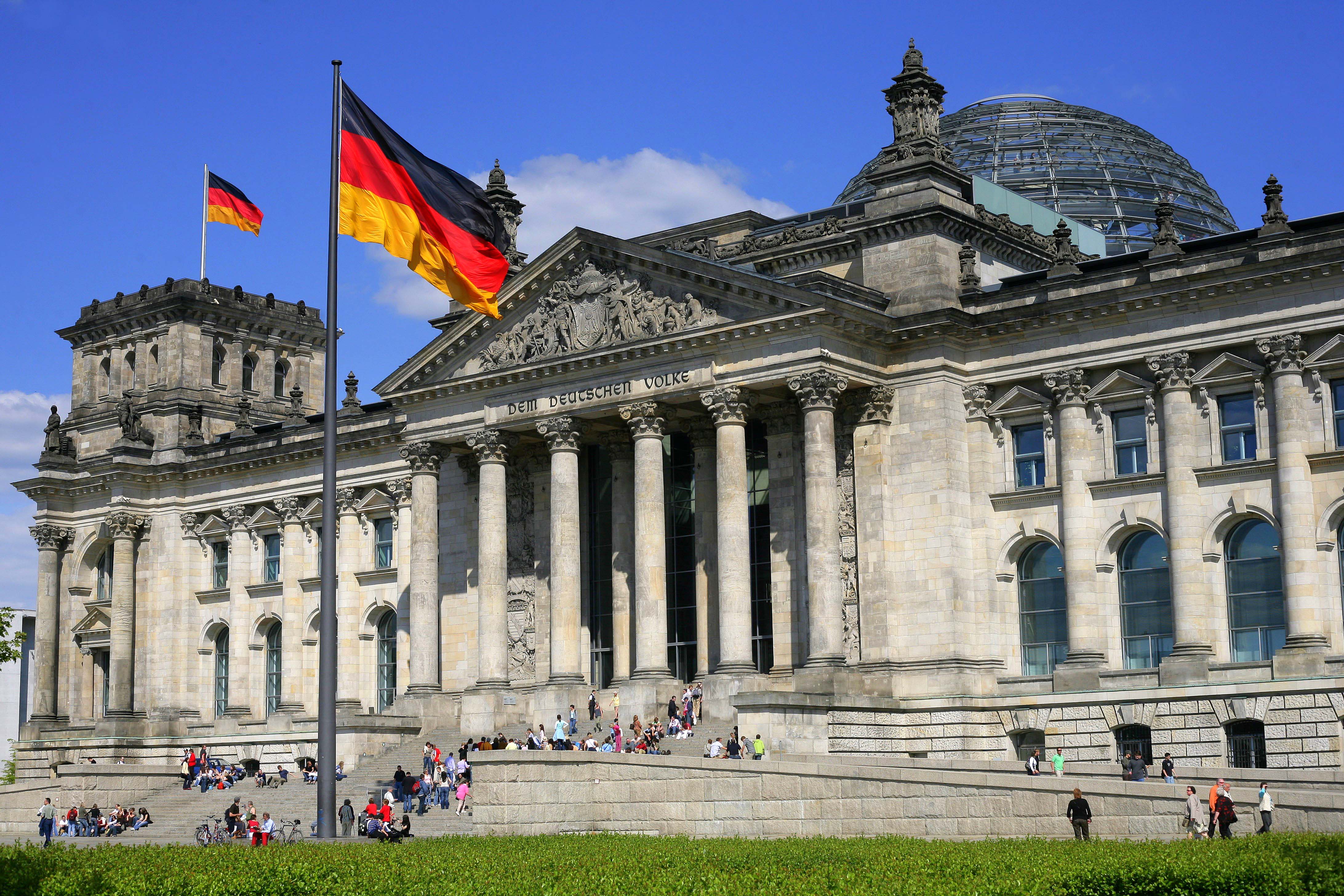 |
| Author Cezary p Licence CC BY-SA 2/5 Source Wikipedia Bundestag |
In German Constitutional Court's Decision in Re Unified Patent Court Agreement 22 March 2020 NIPC Law, I commented on the Constitutional Court's decision in Re Unified Patent Court Agreement 2 BvR 739/17 Order of 13 Feb 2020 (20 March 2020) that the bill to ratify German accession to ratify the Unified Patent Court Agreement was unconstitutional. I wrote:
"If the problem was the lack of a two-thirds majority there is nothing to prevent the German Government from introducing another ratification bill and making sure that there are enough parliamentarians in each of the houses of Parliament to vote the measure through."
That is what appears to have happened. A new ratification bill was passed by a quorate lower house with the necessary two-thirds majority (see UPC – Progress on German ratification 26 Nov 2020 UPC website). The bill now proceeds to the Upper House which will vote on the proposed legislation on 18 Dec 2020.
As Mr Boris Johnson MP in his capacity as Foreign Secretary had deposited the instrument of ratification on World Intellectual Property Day 2018 (see British Ratification of the UPC Agreement - Possibly the best thing to happen on World Intellectual Property Day 26 April 2018 NIPC News) we might have expected the Unified Patent Court to open for business in 2021, Unfortunately, there are likely to be further delays as a result of the UK government's volte-face under Mr Johnson's premiership (see Volte-Face on the Unified Patent Court Agreement 29 Feb 2020 NIPC News). A withdrawal notification of ratification was deposited with the Council Secretariat on 20 July 2020. On the same day the Minister for Science, Research and Innovation:
"UNIFIED PATENT COURT
I am tabling this statement for the benefit of Honourable and Right Honourable Members to bring to their attention the UK’s withdrawal from the Unified Patent Court system.
Today, by means of a Note Verbale, the United Kingdom of Great Britain and Northern Ireland has withdrawn its ratification of the Agreement on a Unified Patent Court and the Protocol on Privileges and Immunities of the Unified Patent Court (dated 23 April 2018) in respect of the United Kingdom of Great Britain and Northern Ireland and the Isle of Man, and its consent to be bound by the Protocol to the Agreement on a Unified Patent Court on provisional application (dated on 6 July 2017) (collectively “the Agreements”).
In view of the United Kingdom’s withdrawal from the European Union, the United Kingdom no longer wishes to be a party to the Unified Patent Court system. Participating in a court that applies EU law and is bound by the CJEU would be inconsistent with the Government’s aims of becoming an independent self-governing nation.
The Agreements have not yet entered into force. However, in order to ensure clarity regarding the United Kingdom’s status in respect of the Agreements and to facilitate their orderly entry into force for other States without the participation of the United Kingdom, the United Kingdom has chosen to withdraw its ratification of the Agreements at this time. The United Kingdom considers that its withdrawals shall take effect immediately and that it will be for the remaining participating states to decide the future of the Unified Patent Court system".



No comments:
Post a Comment